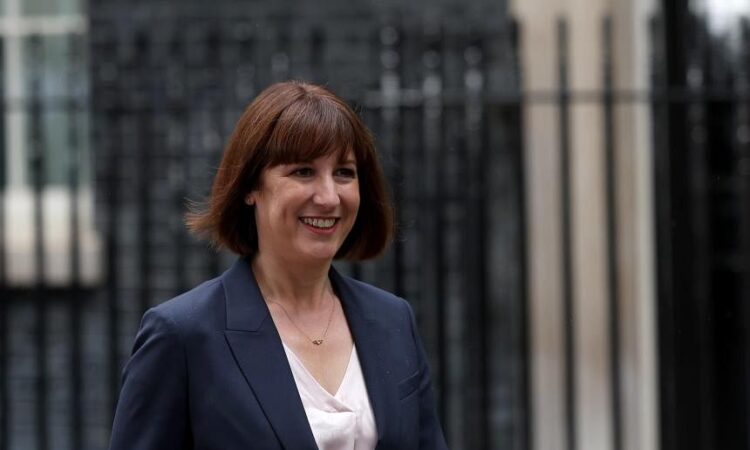
LONDON – Britain’s first female Chancellor of the Exchequer, Ms Rachel Reeves, had an early taste for breaking glass ceilings.
Growing up in south London in Margaret Thatcher’s Britain of the 1980s, the state-educated girl who would rise to become the nation’s finance minister took pride in beating all-comers – mostly boys who went to fee-paying schools – in local chess tournaments. “There was a lot of snobbery,” she recalled years later. “I was just as good as them, and I was going to prove it.”
It is that drive that has taken Ms Reeves, 45, from a comprehensive school in Beckenham to 11 Downing Street as the first woman to take charge of Britain’s finances following the Labour Party’s landslide win in the general election on July 4.
She inherits from the outgoing Conservatives an economy with sluggish growth, debt at near 100 per cent of gross domestic product and the highest tax burden in 70 years.
“I am under no illusions about the scale of the challenge that I will inherit,” Ms Reeves told the BBC in an interview shortly after the election campaign began. “We have to make difficult decisions.”
The new occupant of No. 11 knows that some of her calls will not be popular, especially with the Labour left. After years of Tory austerity policies, some more activist members want to see her loosen the Treasury purse strings and pour cash into Britain’s buckling public services.
Instead, Ms Reeves and Labour leader Keir Starmer have spent the past three years trying to reassure businesses and the financial markets that the party has moved on since the left-wing leadership of Mr Jeremy Corbyn, and will not revert to the tax-and-spend policies traditionally associated with the party.
The duo has ruled out increases in income tax, national insurance, value added tax and corporation tax – the Treasury’s four main revenue raisers. They have said none of their plans require any other taxes to rise, and have promised to adhere to fiscal rules ensuring debt is projected to fall over time.
“My No. 1 commitment is to bring stability back to the economy,” Ms Reeves told the BBC.
Her affinity with numbers began early. Born in Lewisham, south London in 1979, the daughter of teachers attended a local state school, where she was a self-confessed “geek” who would set her little sister, the now Labour politician Ellie Reeves, extra maths homework.
She took the SAT exams voluntarily, for “the fun” of seeing how well she could do, and penned letters as a precocious teen to London’s Evening Standard newspaper. She won her first chess tournament at the age of seven and became a national champion at 14.
The poor physical condition of parts of her school – which had some pre-fabricated huts – was an early catalyst for her politics, and while her government brief will be to manage the country’s finances, she has said the area of government she cares most passionately about is education.
Labour has been in Ms Reeves’ family for generations: When she was young, her father pointed to former party leader Neil Kinnock on television and told her “that’s who we vote for”. Her grandparents were Salvationists, who moved to Kettering, central England in the 1930s to find factory work.
Ms Reeves has spoken about her grandmother’s breathing problems from inhaling glue while making shoe laces.
“The Labour Party was formed by people like them and for people like them,” she has said of her grandparents’ struggles. “It’s got to be the voice for those people.” She joined the party when she was 17.






